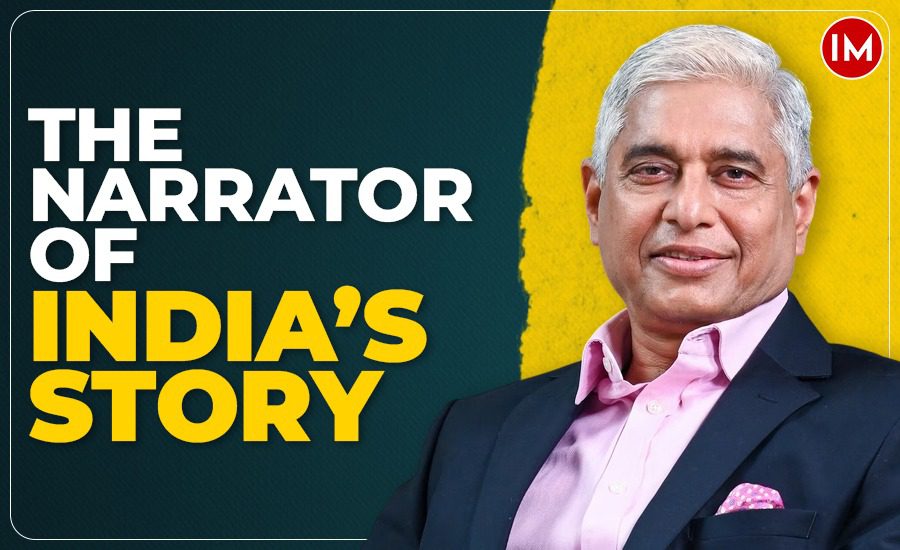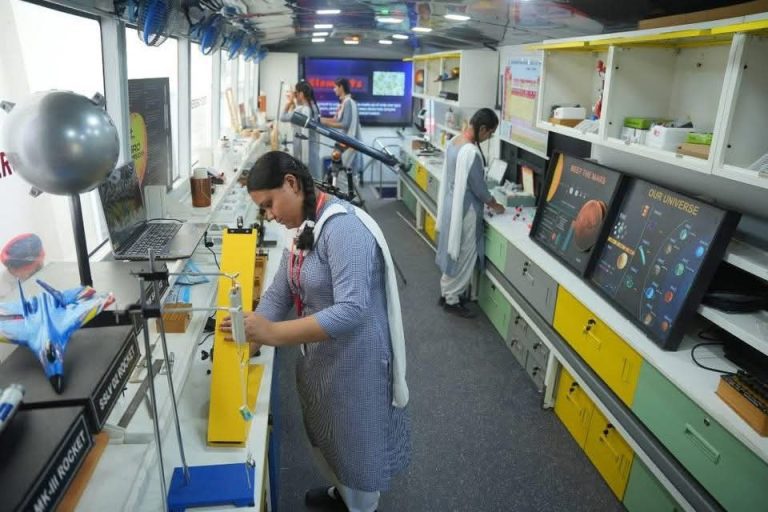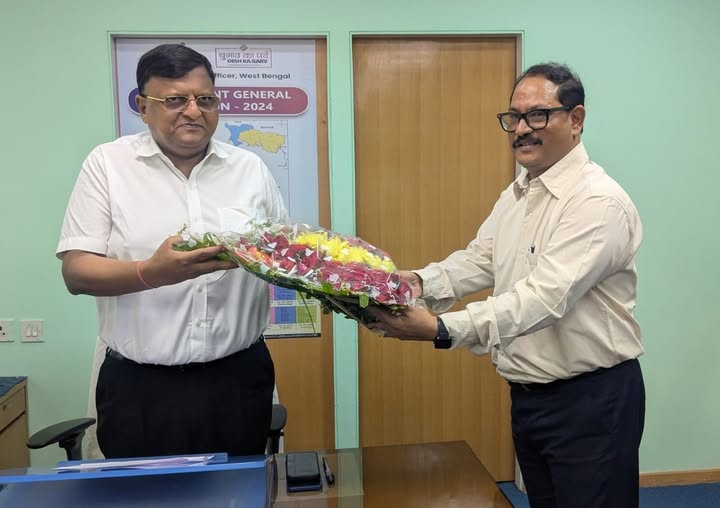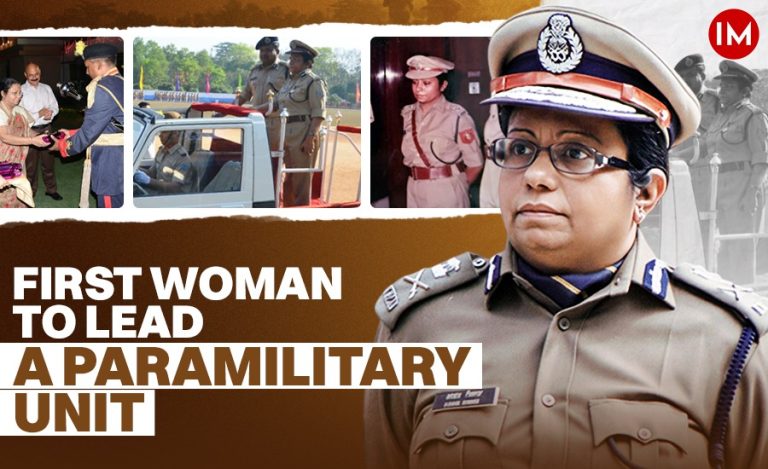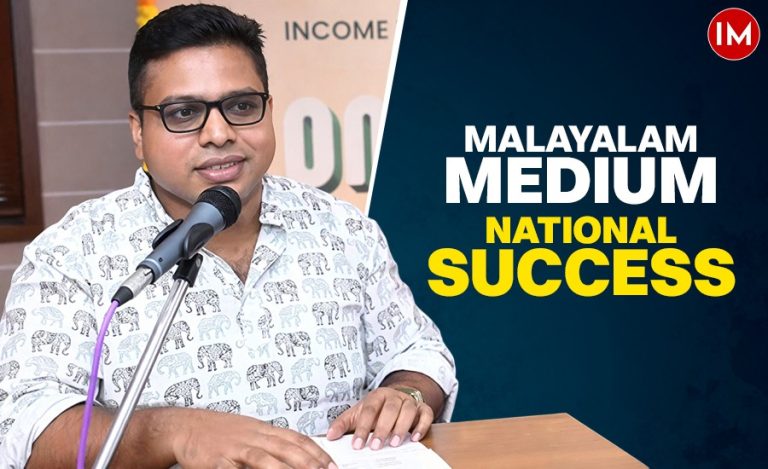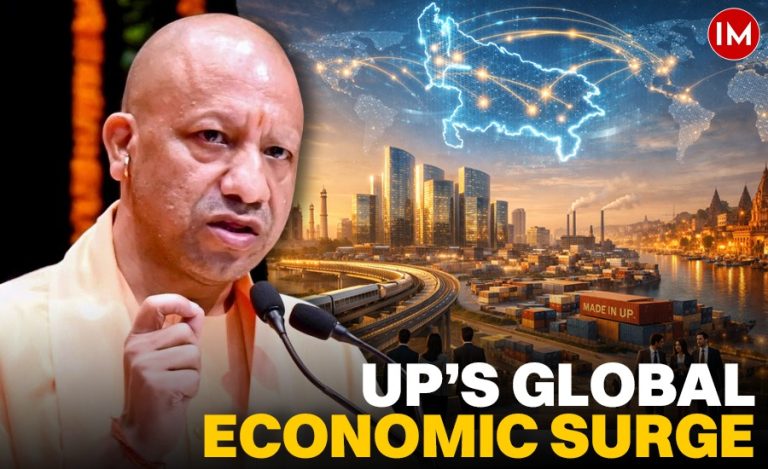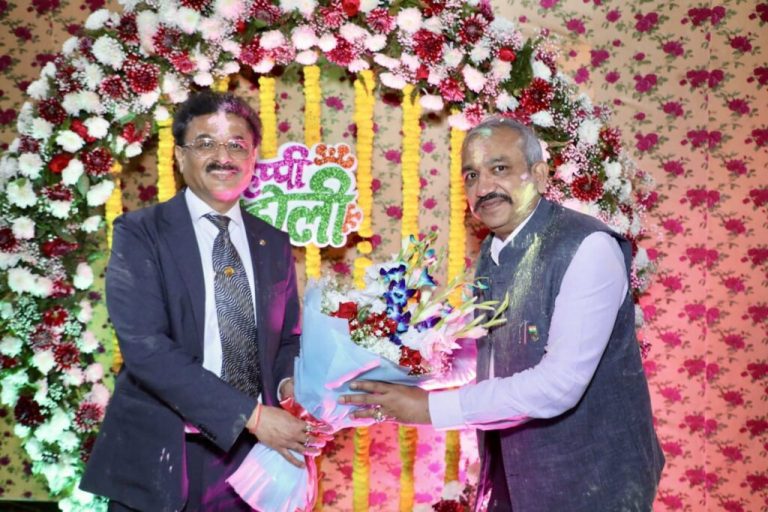From the lecture halls of Allahabad University to representing India as a seasoned diplomat on the global stage, Vikas Swarup’s career as an Indian Foreign Service (IFS) officer is an inspiring tale of ambition and achievement. His life is a testament to the power of vision and an undying curiosity to explore the world.
A DREAM IGNITED IN PRAYAGRAJ
Growing up in Uttar Pradesh, Mr. Swarup was keenly aware of the limited career choices available at the time. “You could be a lawyer, a teacher, or perhaps a doctor or engineer. But I knew early on that I wasn’t cut out for the latter two,” he recalls. His decision to pursue the civil services was made at a young age, and he meticulously chose his academic subjects to align with this dream.
While studying psychology, philosophy, and modern history at Allahabad University, Swarup built the foundation for his future success. These subjects not only helped him in his UPSC preparation but also shaped his worldview. “I always believed these disciplines would help me understand the complexities of human behaviour and societies,” he shares.
In 1986, Swarup’s hard work paid off, and he joined the Indian Foreign Service. Reflecting on his decision, he says, “The Foreign Service offered me a chance to explore international relations and foreign cultures on a deeper level. It was the perfect blend of intellectual stimulation and adventure.”
A WITNESS TO HISTORY
Over his illustrious career, Vikas Swarup served in various countries, including the United States, South Africa, Japan, and Canada. Each posting shaped his understanding of diplomacy and international relations. “As a diplomat, you get a front-row seat to history in the making,” he says.
In Turkey, during his first posting, Swarup observed the cultural crossroads Turks faced. In South Africa, he was deeply inspired by Nelson Mandela’s ethos of reconciliation. “Mandela could have chosen revenge, but he opted for love and compassion,” Swarup notes, emphasizing the profound lessons he carried from that experience.
His stint in Japan introduced him to the country’s meticulous approach to aesthetics and life. “Nowhere else in the world do people dedicate an entire month to admiring the fleeting beauty of cherry blossoms. It taught me the value of living in the moment,” he recalls.
Through these experiences, Swarup developed a comparative perspective on global cultures and India’s place in the world. He often highlighted how diplomats play a crucial role in identifying best practices abroad and adapting them to India’s context. One such example was during the COVID-19 pandemic, when Indian diplomats swiftly mobilized resources like oxygen concentrators and PPE kits. “India went from being dependent on imports to becoming the second-largest manufacturer of PPE kits globally. That’s the power of diplomacy,” he proudly states.
BOTH PHYSICS & CHEMISTRY
As Secretary (West) in the Ministry of External Affairs, Swarup handled India’s relationships with Europe, Central Asia, and the UN system. This role came with its unique challenges, especially during the pandemic. “Diplomacy is about chemistry,” he explains. “In-person meetings allow you to gauge body language, gestures, and other non-verbal cues. Online diplomacy, on the other hand, operates more on the principles of physics and loses that personal touch.”
Despite the constraints, Swarup navigated complex multilateral engagements with clarity and precision. His ability to balance transparency with confidentiality and respond swiftly to global events cemented his reputation as a seasoned diplomat.
A MEMORABLE TENURE AS SPOKESPERSON
One of the most challenging roles in Swarup’s career was serving as the official Spokesperson of the Ministry of External Affairs. It required a deep understanding of every facet of India’s foreign policy. “The external affairs spokesperson needs to know more than the foreign secretary,” Swarup shares. Every Thursday, he faced the media, prepared to answer a wide range of questions. “You have to balance transparency with confidentiality,” he adds, highlighting the delicate nature of the job. His tenure coincided with several high-stakes international developments, making it a demanding yet fulfilling experience.
FROM DIPLOMAT TO STORY TELLER
Beyond his diplomatic career, Vikas Swarup is also known for his literary achievements. His debut novel, Q & A, was adapted into the Oscar-winning film Slumdog Millionaire. While his literary journey is a story in itself, it’s reflective of his ability to observe and narrate the human condition, a skill honed through his years of service.
ADVICE FOR CIVIL SERVICE ASPIRANTS
For those aiming to join the IFS, Swarup has words of encouragement and wisdom. “Anyone opting for the Foreign Service today is making a very correct decision,” he asserts. While acknowledging that the IFS might not hold the same allure as it did decades ago, he emphasizes its unique opportunities.
“Serving India on the global stage, promoting foreign direct investment, and facilitating technology transfer are immensely fulfilling tasks. And nothing beats the thrill of speaking from a UN podium behind a placard that says ‘India’.”
He advises aspirants to cultivate a broad knowledge base and strong interpersonal skills. “Diplomacy requires clarity, precision, and the ability to build relationships. It’s about being India’s ambassador not just in title, but in spirit,” he says.
Vikas Swarup’s journey from Allahabad University to the Indian Foreign Service is a remarkable story of determination and passion. “At the end of the day, diplomacy is about people,” he says. “The relationships you build and the trust you foster define your success. And for me, the Foreign Service was the most fulfilling career I could have ever asked for.”
(This is just the beginning. The second chapter of this story will delve into Vikas Swarup’s literary journey, how his debut novel became a global sensation, broke records, and made history at the Oscars. It will follow soon. Please keep watching this space.)

